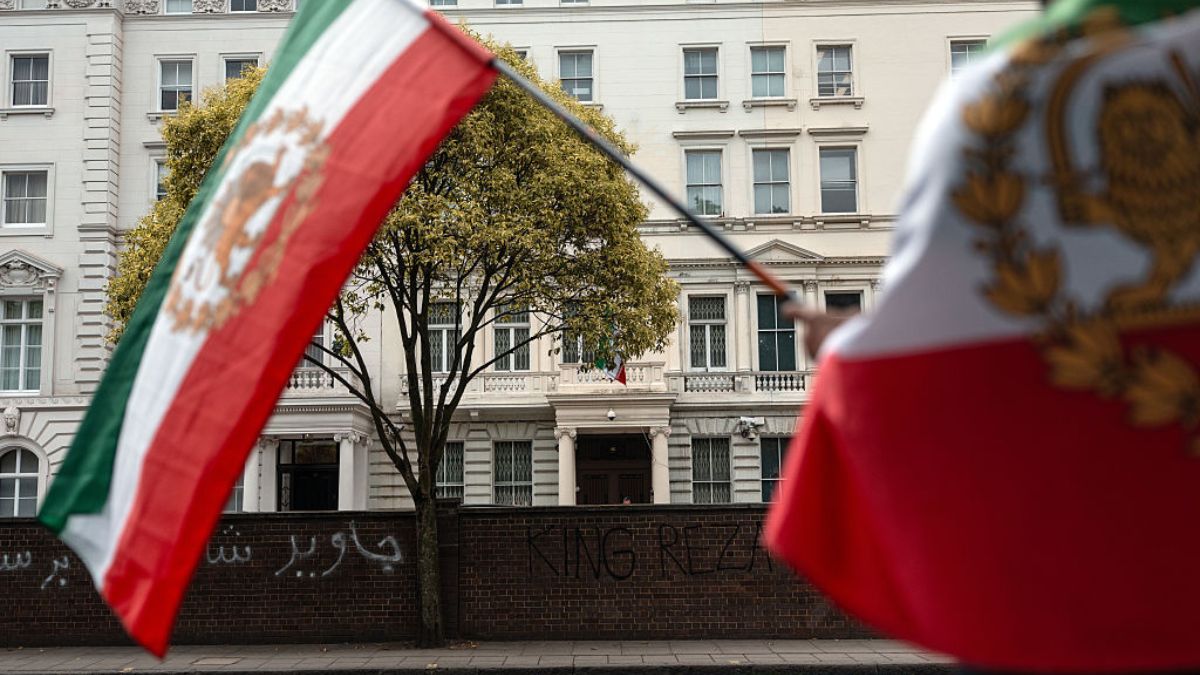
Iran is using a new strategy to target Britain by flooding the country’s security services with many small, cheap plots. The aim is to stretch MI5 and police resources so thin that they cannot cope with the volume of threats.
This approach marks a major shift from Iran’s past methods. Instead of trying to carry out successful attacks, Tehran is now focused on creating as many security incidents as possible to overwhelm British counter-terror agencies.
According to Omid Shams, who worked as operations director at Justice for Iran, the strategy is deliberate. “This isn’t about success or precision anymore. They don’t care if the attack succeeds,” he said, as reported by Express. “Each plot forces British services to respond.” Iran’s approach has been described as “reckless” because, unlike Russia and China, which are more careful in their foreign operations, Iran uses louder and riskier tactics. Iran believes that Britain will not spend the money needed to properly defend against this flood of threats, potentially testing Western resolve as nuclear negotiations remain uncertain.
MI5 forced to make difficult choices as threats multiply
The strategy appears to be working. MI5 director-general Sir Ken McCallum has confirmed that his agency has had to move staff away from counter-terrorism work to deal with rising threats from hostile countries, including Russia, China, and Iran.
In his latest annual briefing, McCallum warned that the service was “having to make tough choices” about where to place its limited staff. More attention is now going to espionage, cyber attacks, and state-backed assassination plots.
The numbers show how serious the problem has become. Security Minister Dan Jarvis revealed earlier this year that state-threat investigations run by MI5 had risen by 48 percent in just one year. At the same time, intelligence agencies including MI5, MI6 and GCHQ have faced a 14 percent funding cut.
“MI5 and their agents can engage freely in criminality, right up to murder.
— Féile an Phobail (@FeileBelfast) August 6, 2025
“And the BBC didn’t like me saying that, that’s when they cut us off.
“The fact is there are no rules for MI5, and that’s been established in the court of law.
“MI5 are a law onto themselves.”
Chris… pic.twitter.com/K9yk2wpJRT
This has led to a promotions freeze and reduced resources at MI5. The Prevent programme in London is also being cut sharply, from $8.2 million to $6 million this year and expected to fall to $2.7 million by next April. Coverage will drop from 22 boroughs to just 7.
Iran’s new approach uses proxy groups ranging from criminal networks to militant organizations to strike UK targets while maintaining deniability. McCallum revealed that MI5 and police have tackled 20 potentially deadly Iranian plots since early 2022, mostly aimed at dissidents living in the UK.
One prominent target has been Iran International, the Persian-language news channel based in London. Its journalists have faced surveillance and threats. In March, reporter Pouria Zeraati was stabbed outside his home. According to a legal appeal filed to UN Special Rapporteurs, 45 Iran International journalists and 315 family members across eight countries have received death threats in the past six weeks alone.
Shams said the operations can cost as little as $10,000 to $20,000 each. Iran now uses street gangs, Russian mafia, and even teenagers recruited online instead of trained intelligence officers. “In the 1980s they sent trained intelligence officers to kill exiles in Paris,” he said. “Now they’re using street gangs, Russian mafia, even teenagers recruited online.”
The UK, US, and a dozen other Western nations issued a rare joint statement last week condemning the rising wave of Iranian intelligence activity, amid ongoing tensions from the Trump administration’s Iran strategy. They called these attacks violations of their sovereignty regardless of the target.







